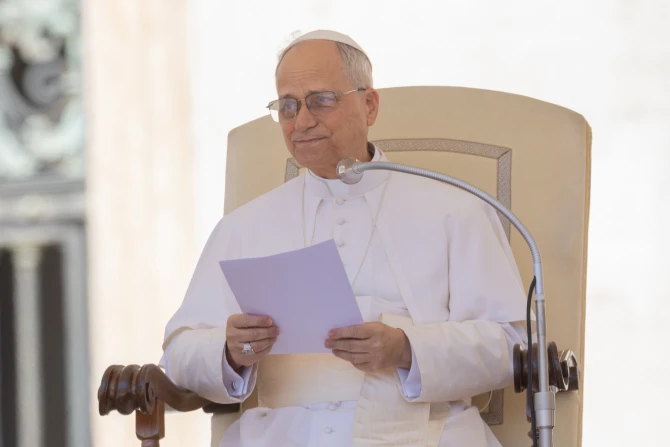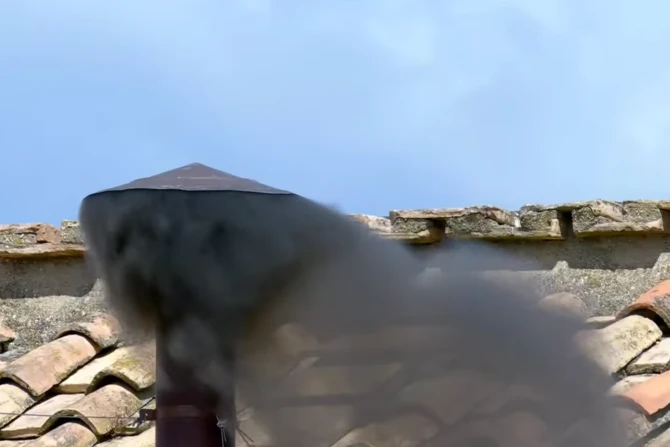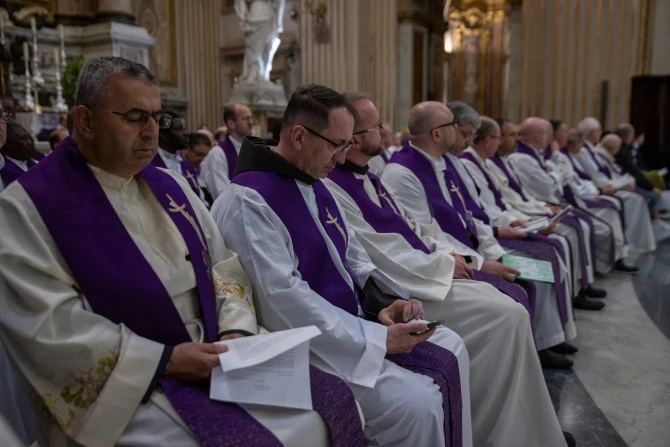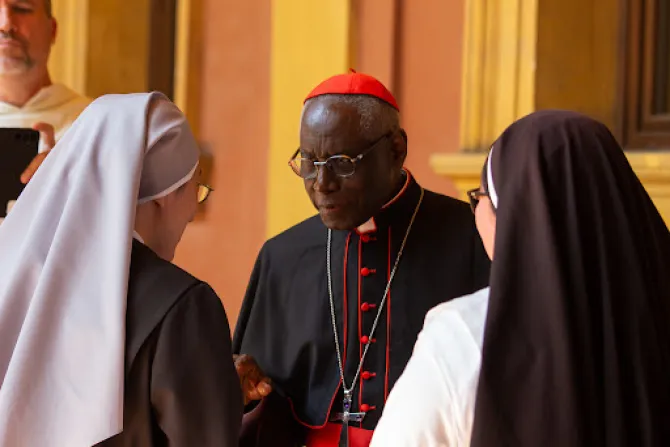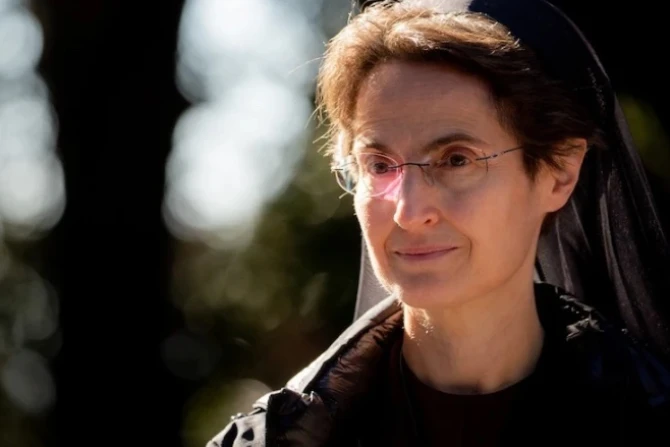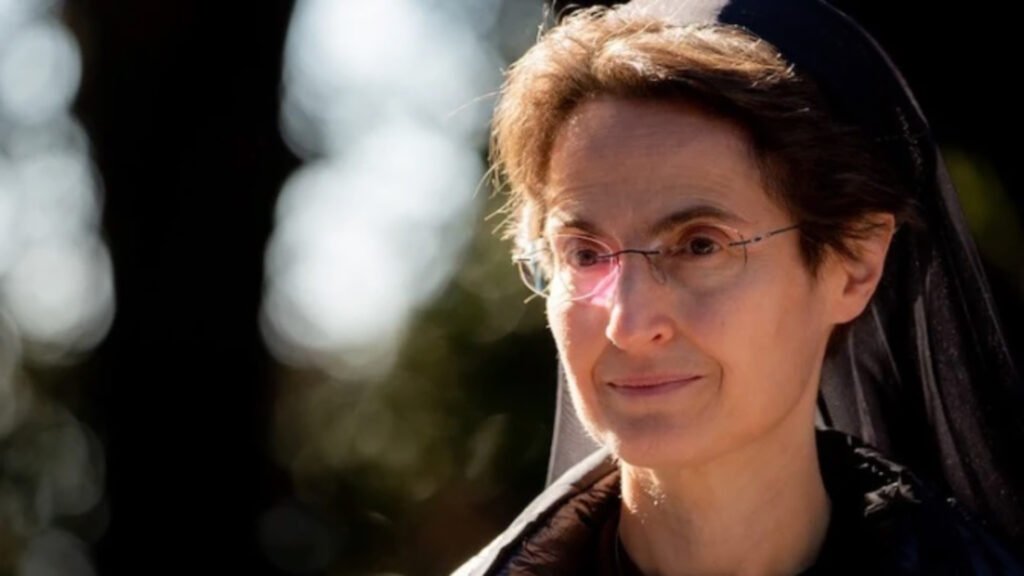Pope Leo XIV held the second general audience of his pontificate today in which he reflected on the parable of the good Samaritan.
FIND THE POPE’S BIOGRAPHY HERE
At the beginning of his catechesis, addressed to the faithful gathered in St. Peter’s Square, the Holy Father recalled that the parables of the Gospel offer an opportunity “to change perspective and open ourselves up to hope.”
The lack of hope, the pontiff explained, is sometimes due “to the fact that we fixate on a certain rigid and closed way of seeing things,” and the parables “help us to look at them from another point of view.”

He then recalled that Jesus proposes this parable to “a doctor of the law,” who asks him: “Teacher, what must I do to inherit eternal life?” (Lk 10:25-37), and then Jesus invites him to love his neighbor.
‘The practice of worship does not automatically lead to compassion’
The scene of the parable of the good Samaritan is a road “as difficult and harsh as life itself,” the pope said. In fact, the man who crosses it “is attacked, beaten, robbed, and left half dead.”
“It is the experience that happens when situations, people, sometimes even those we have trusted, take everything from us and leave us in the middle of the road,” the pontiff emphasized.
Leo XIV then added that “life is made up of encounters, and in these encounters, we emerge for what we are. We find ourselves in front of others, faced with their fragility and weakness, and we can decide what to do: to take care of them or pretend nothing is wrong.”
He recalled that the priest and the Levite went down that same road and didn’t stop to help him. “The practice of worship does not automatically lead to being compassionate. Indeed, before being a religious matter, compassion is a question of humanity! Before being believers, we are called to be human,” he emphasized.
Haste as an obstacle to compassion
The pope pointed out that “haste, so present in our lives, very often impedes us from feeling compassion. One who thinks his or her journey must be the priority is not willing to stop for another.”
However, the Samaritan, who belonged to a despised people, decided to stop to help the man. Thus, Leo XIV emphasized that “religiosity does not enter into this. This Samaritan simply stops because he is a man faced with another man in need of help.”
He also affirmed that compassion “is expressed through practical gestures,” recalling that the Samaritan “approaches, because if you want to help someone, you cannot think of keeping your distance; you have to get involved, get dirty yourself, perhaps be contaminated.”
“One truly helps if one is willing to feel the weight of the other’s pain,” Pope Leo XIV noted.

“When will we, too, be capable of interrupting our journey and having compassion? When we understand that the wounded man in the street represents each one of us. And then the memory of all the times that Jesus stopped to take care of us will make us more capable of compassion,” he said.
Finally, Pope Leo invited the faithful to pray to “grow in humanity, so that our relationships may be truer and richer in compassion.”
“Let us ask the heart of Jesus for the grace to increasingly have the same feelings he does,” he concluded.
After greeting the pilgrims from different countries, the Holy Father intoned the Our Father in Latin and imparted his blessing to the faithful present, who listened attentively despite the high temperatures and intense Roman spring sun.
SIGN UP FOR OUR NEWSLETTER HERE
This story was first published by ACI Prensa, CNA’s Spanish-language news partner. It has been translated and adapted by CNA.

